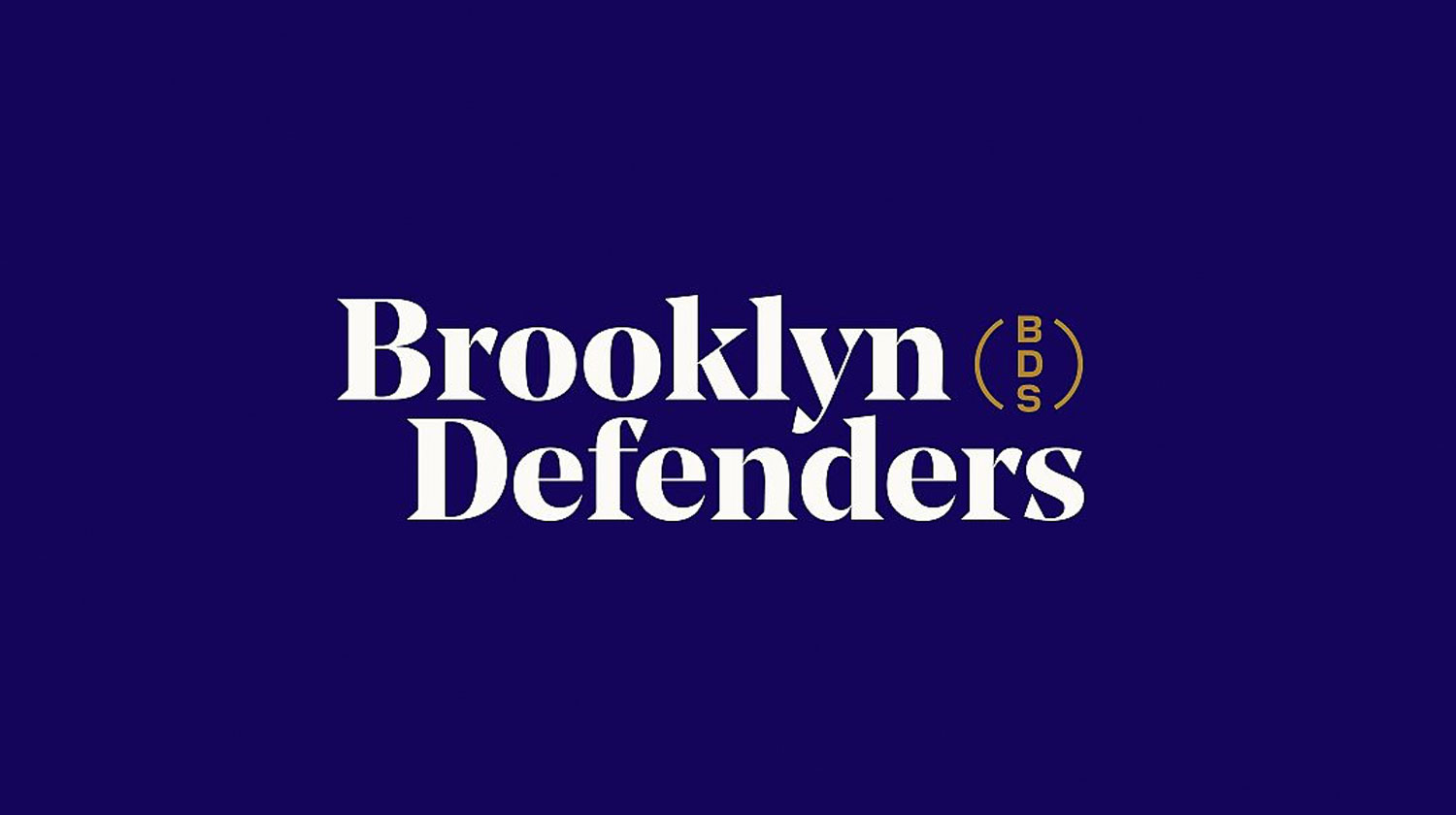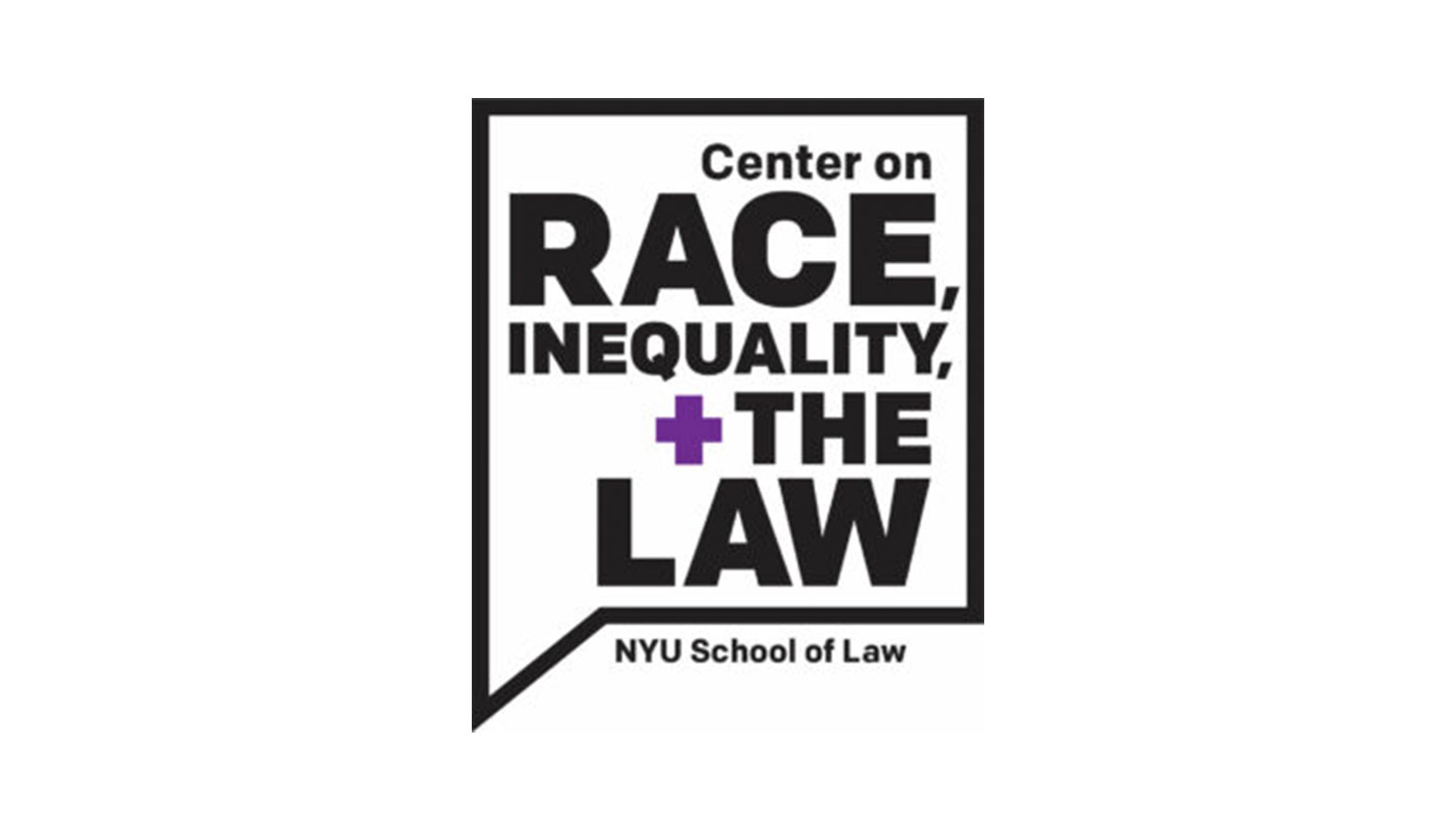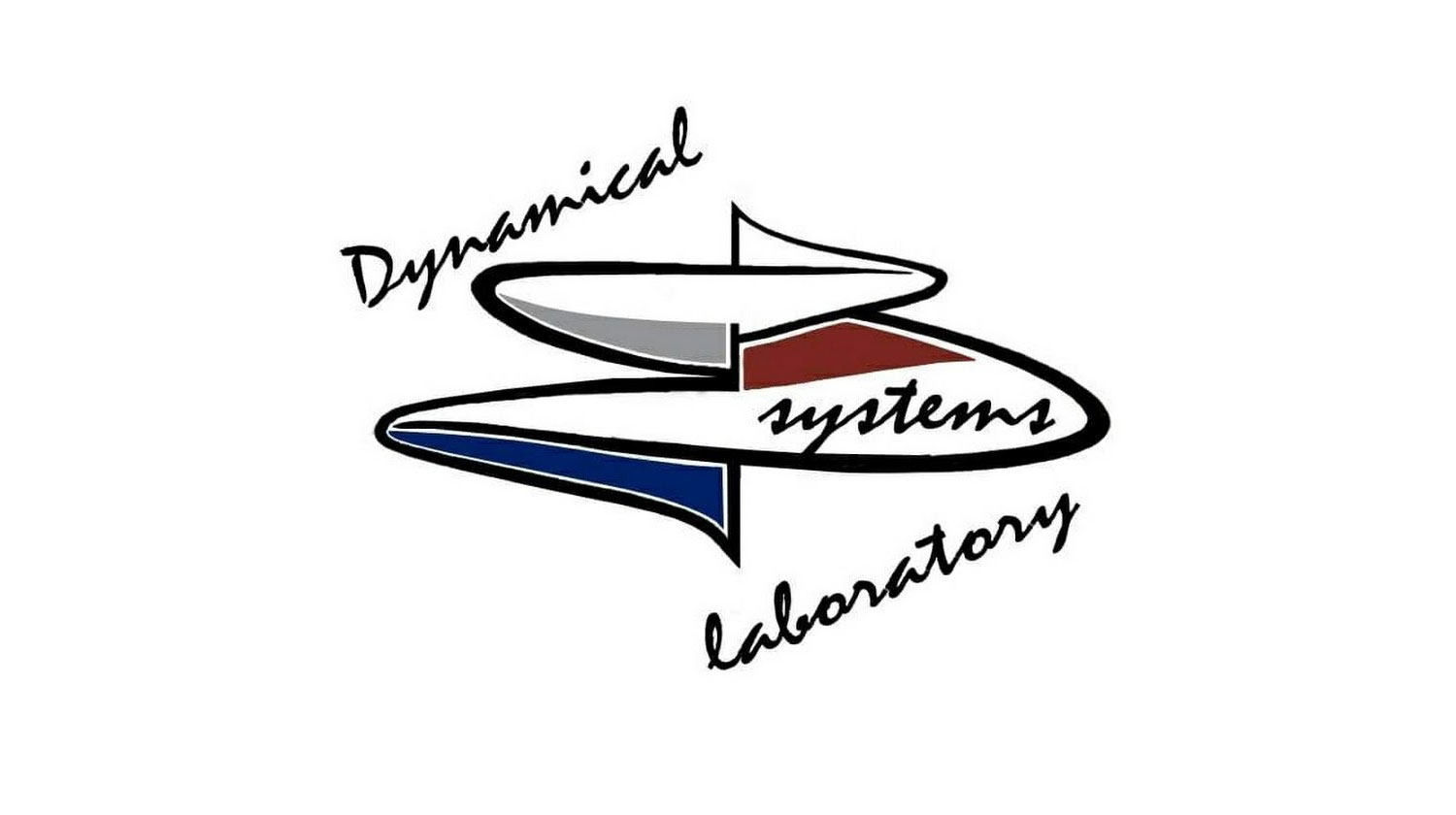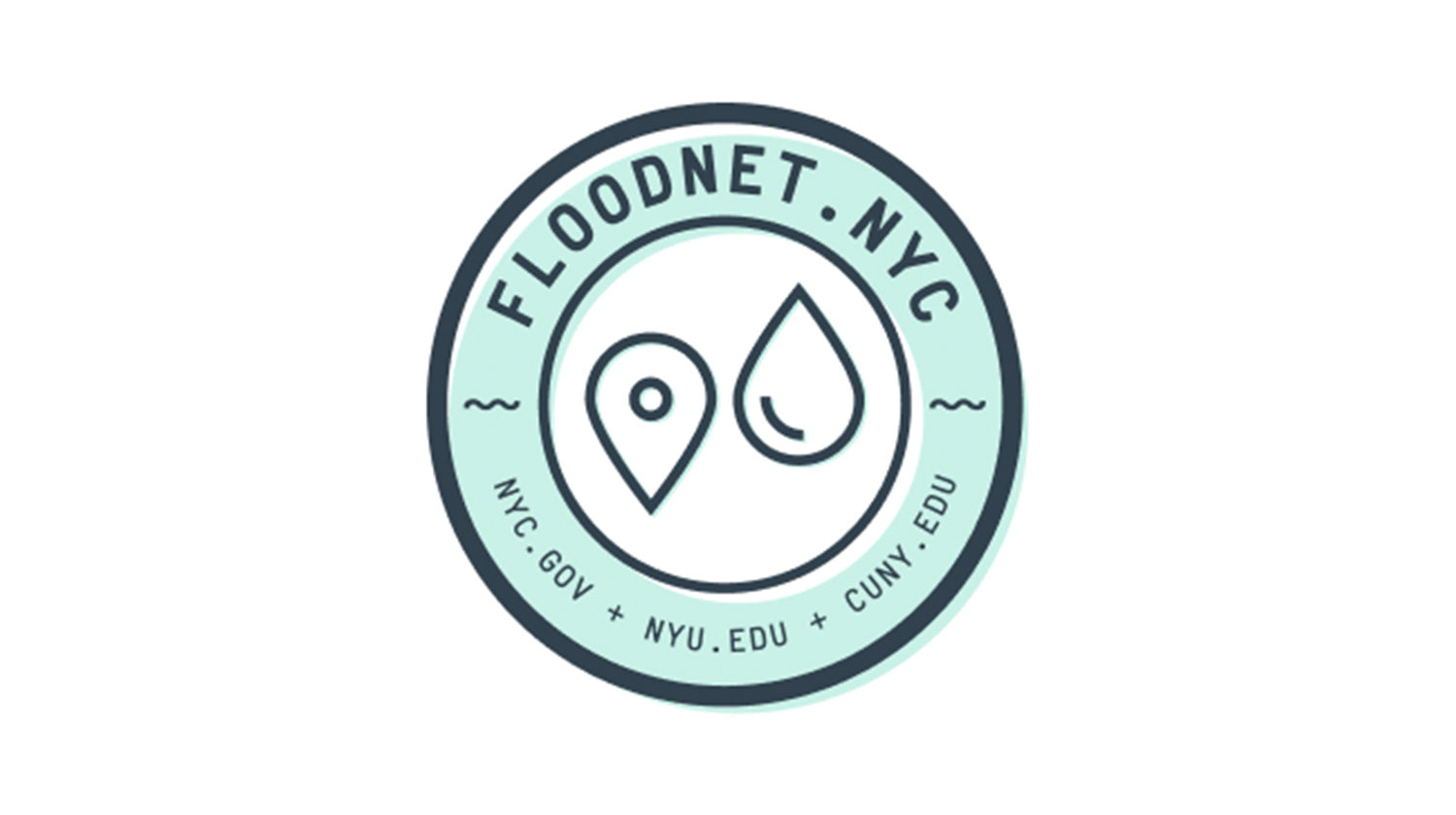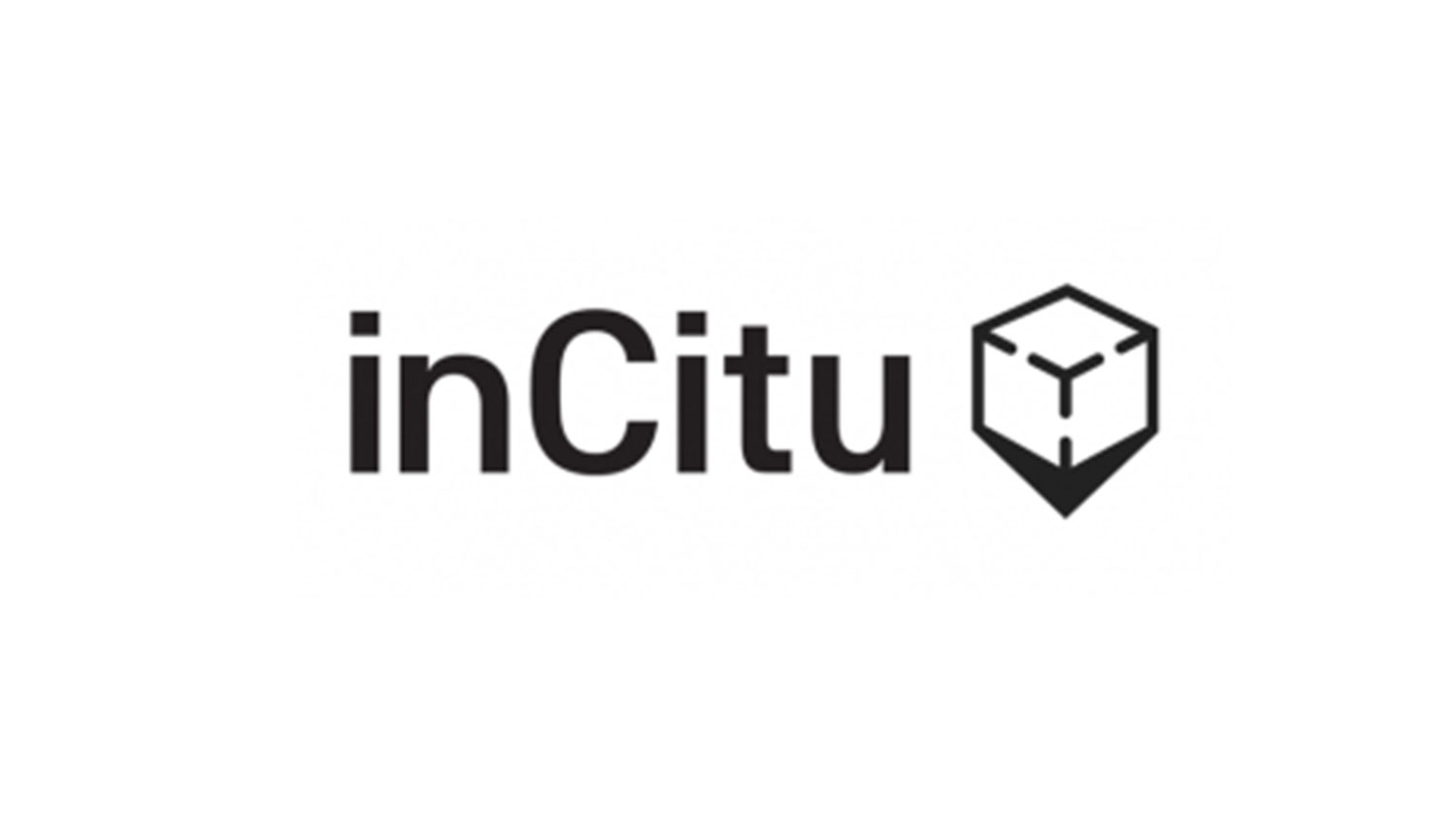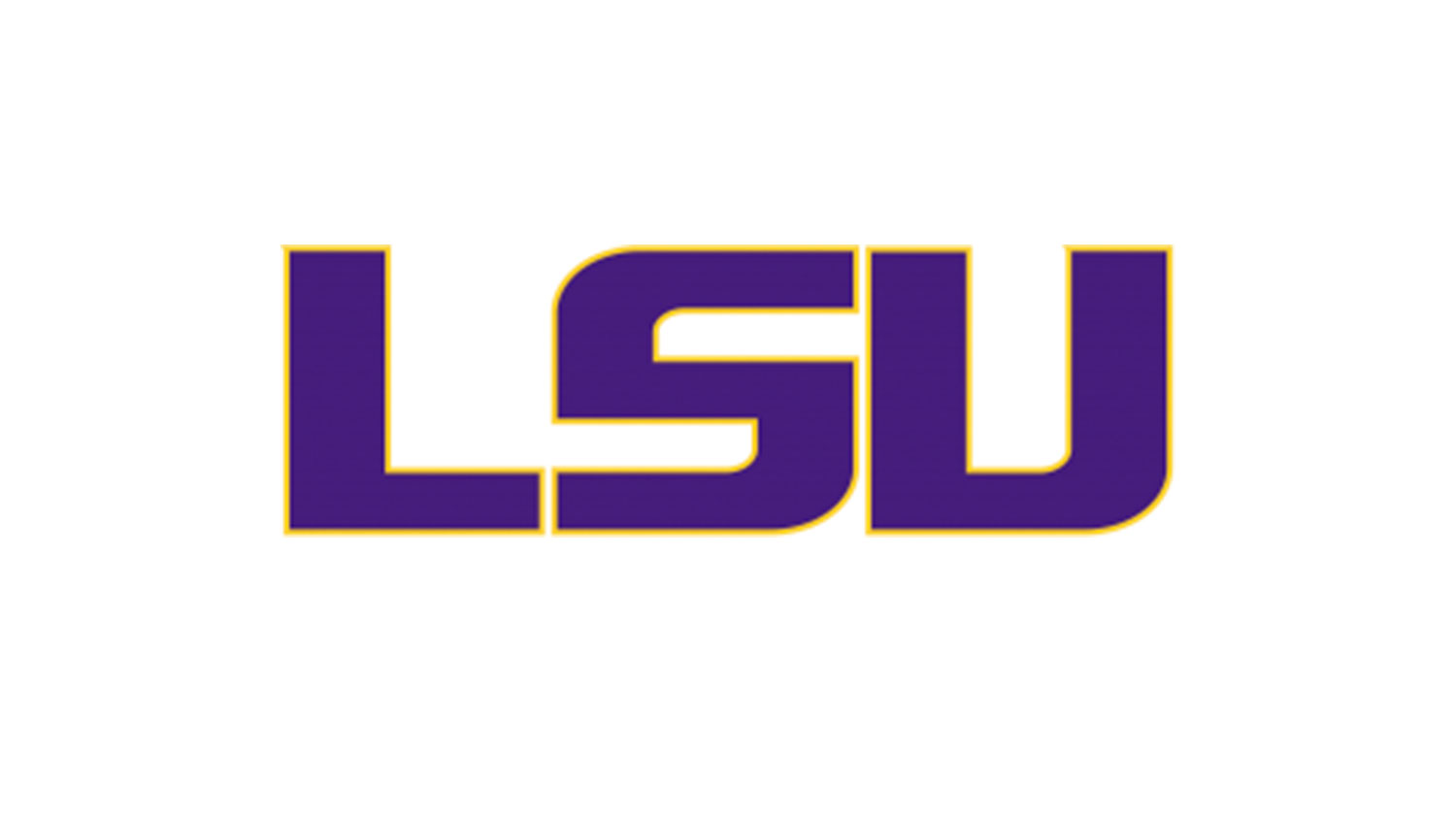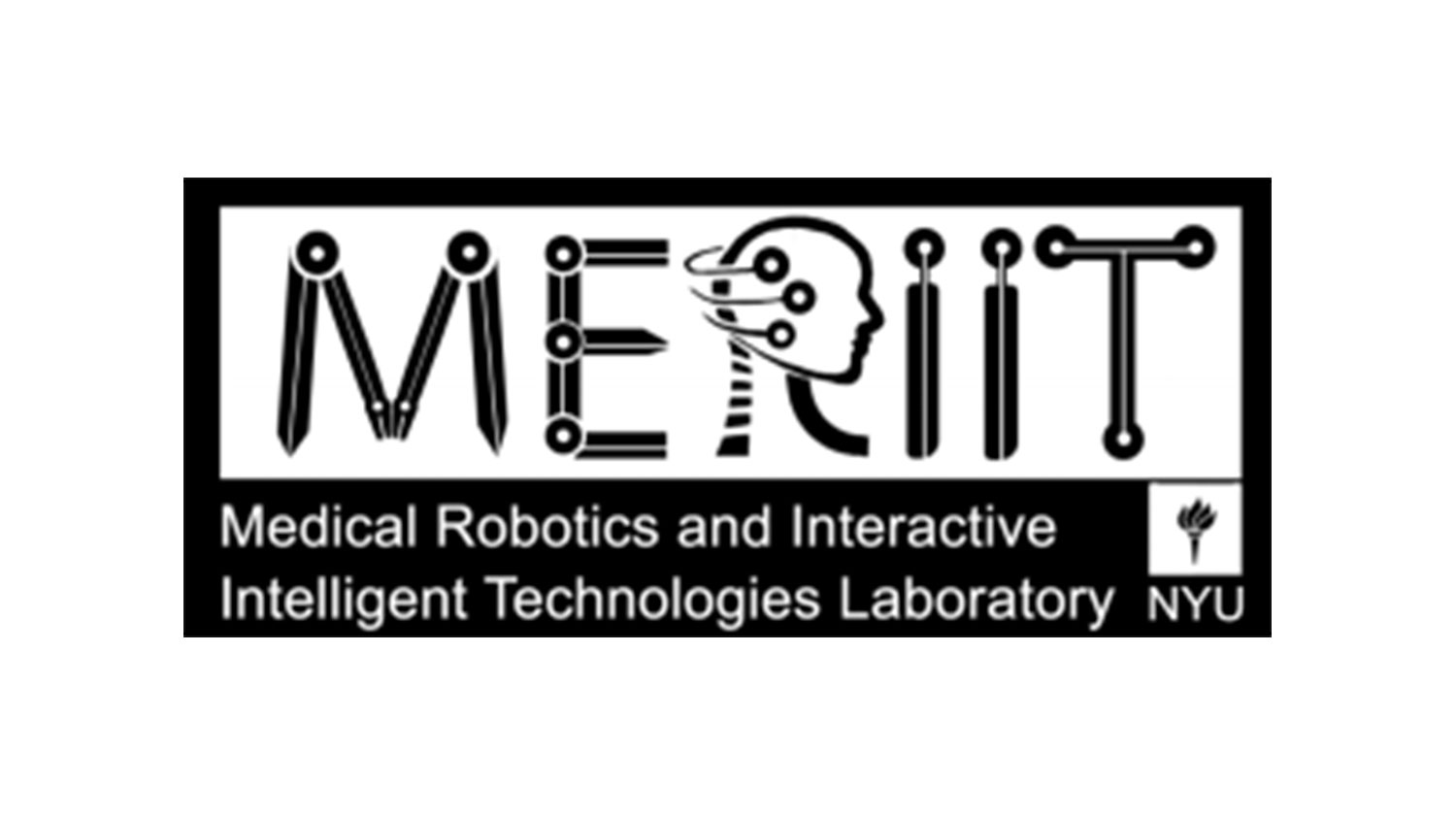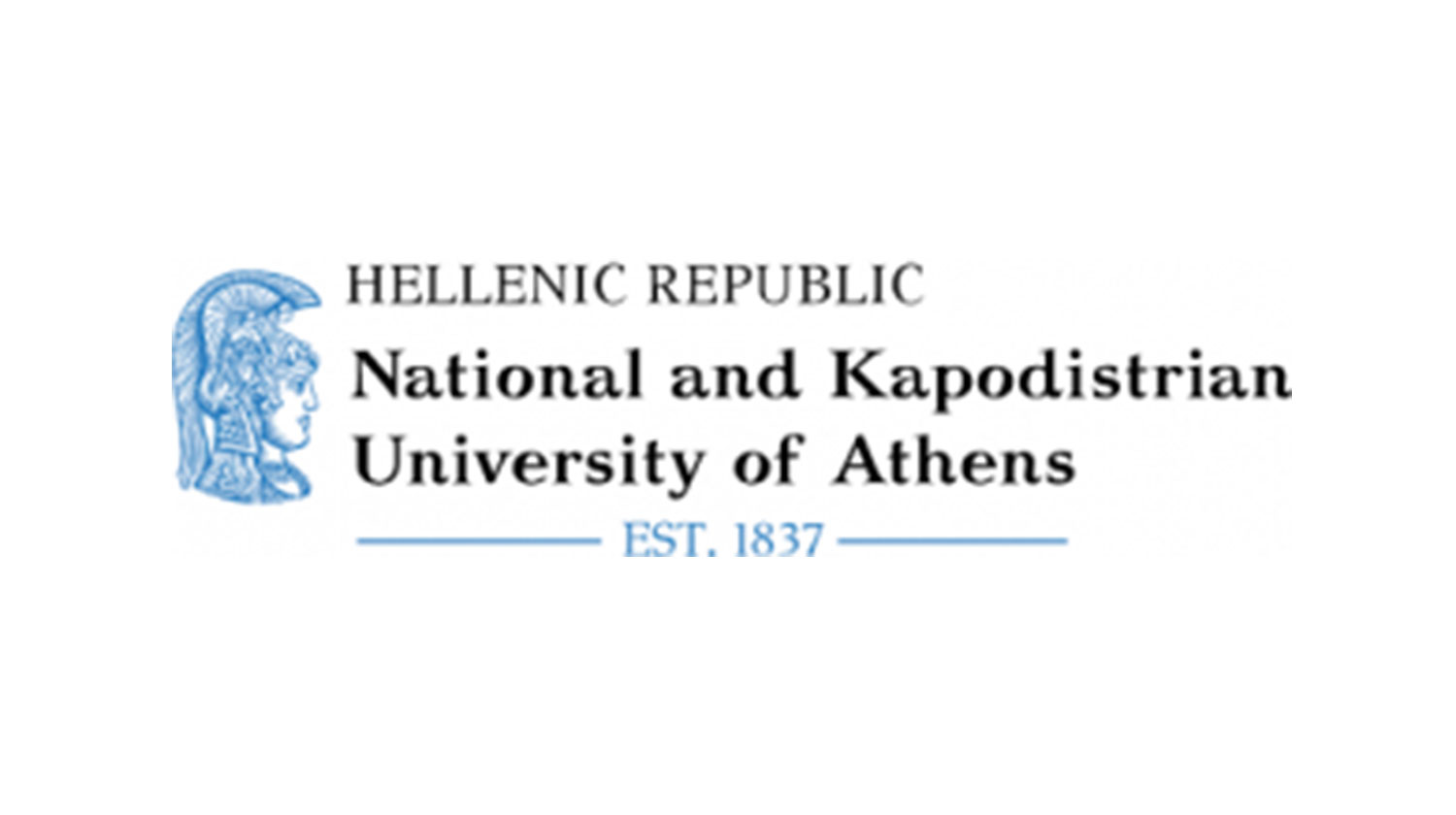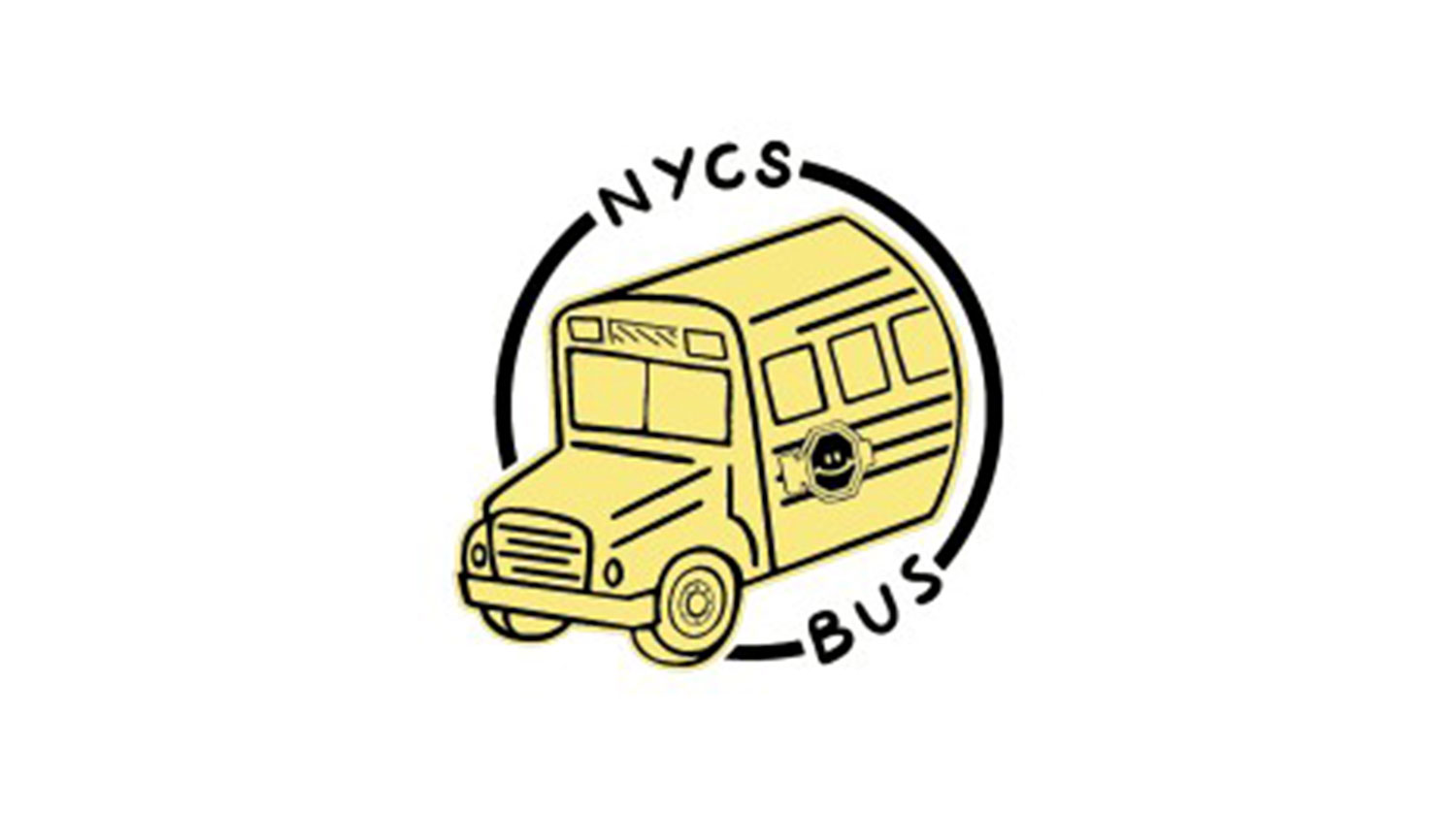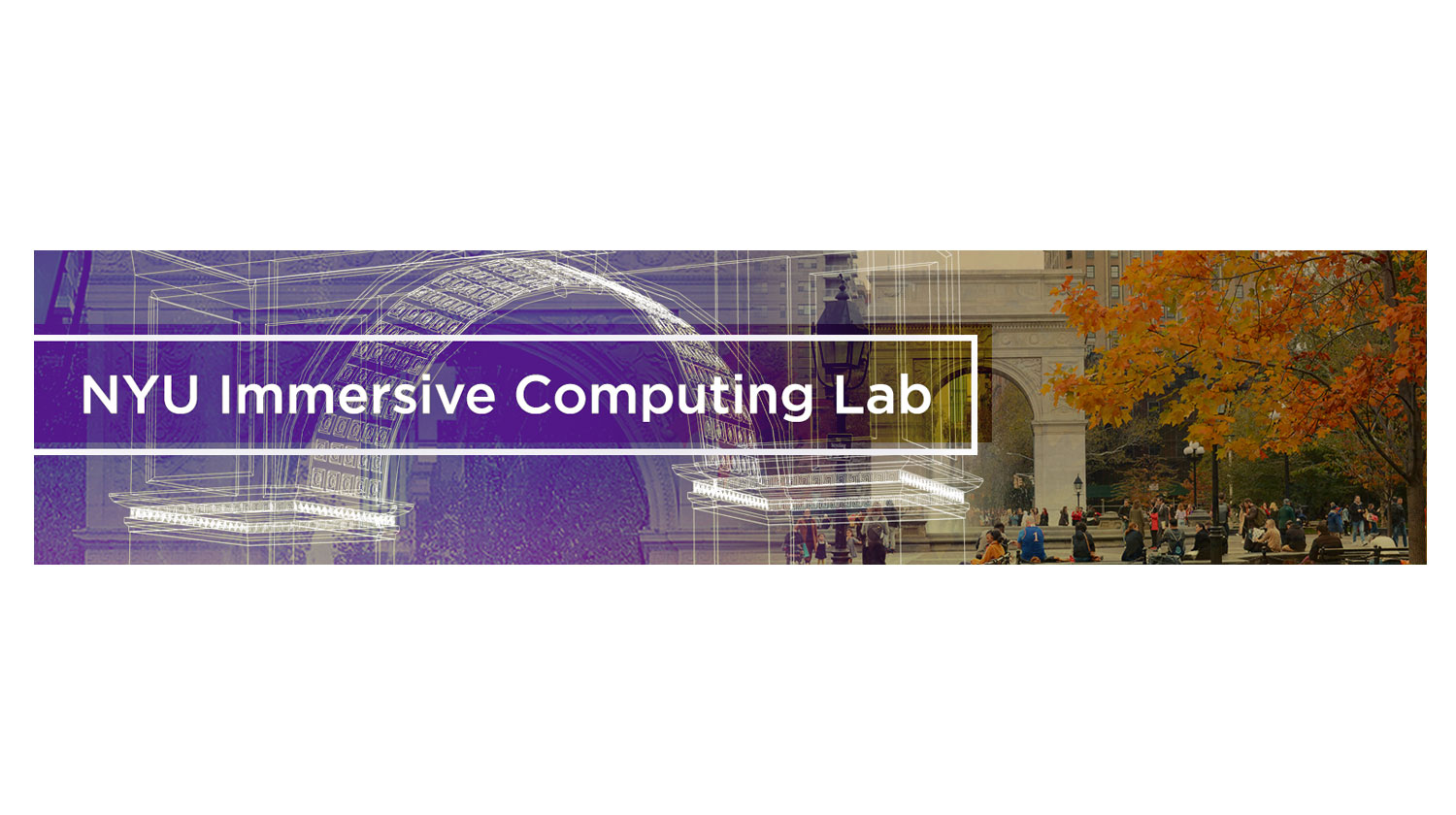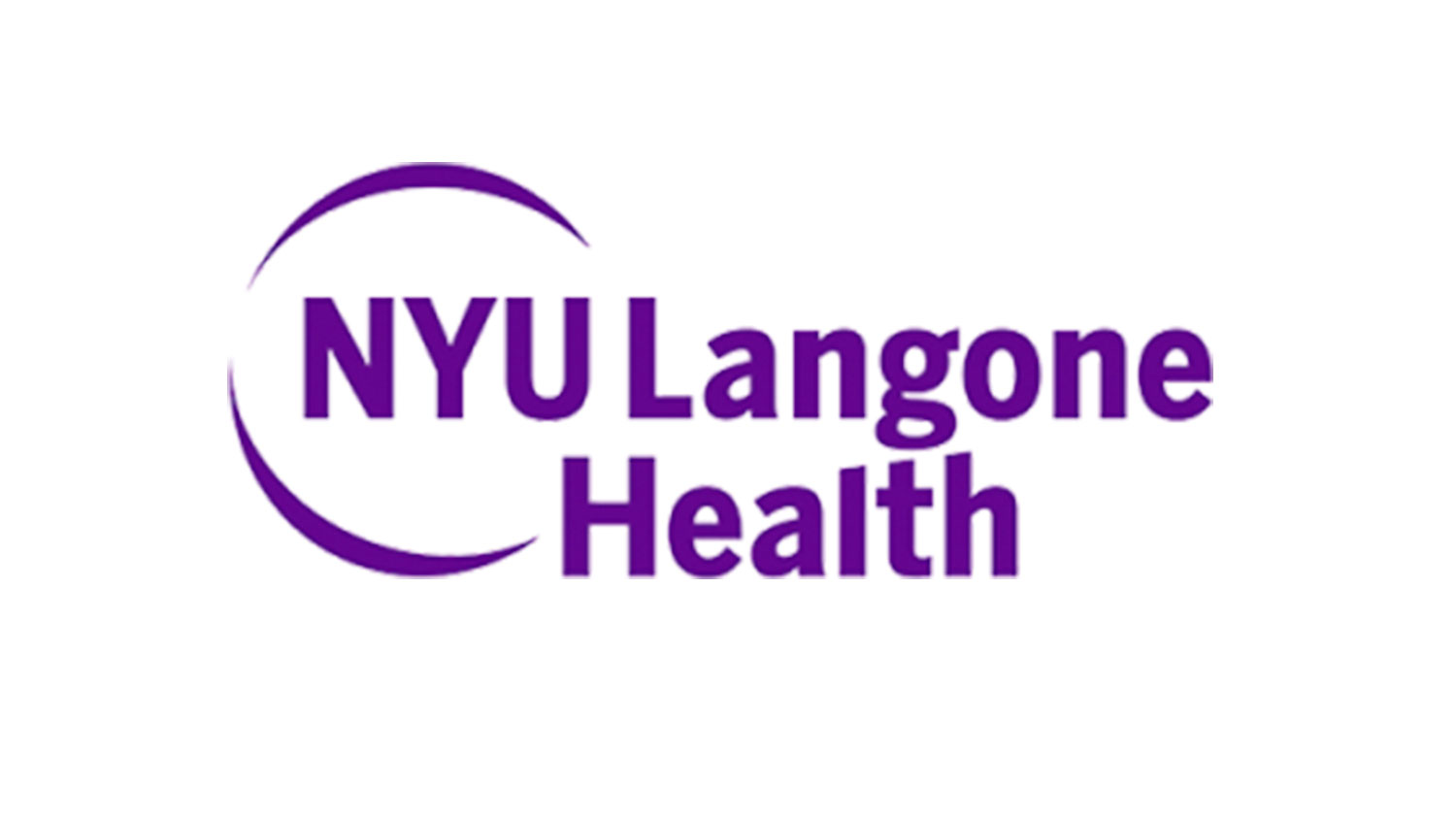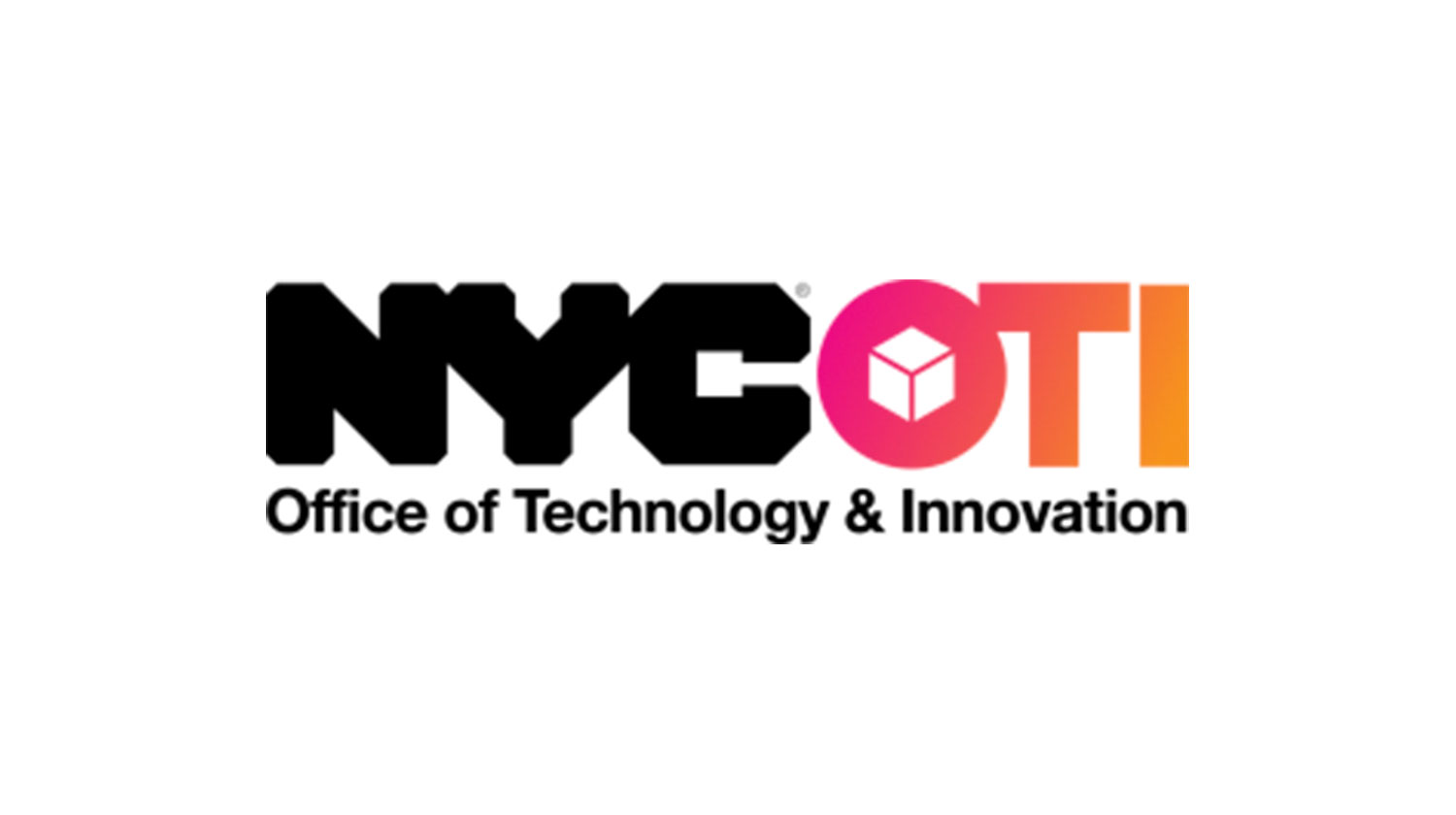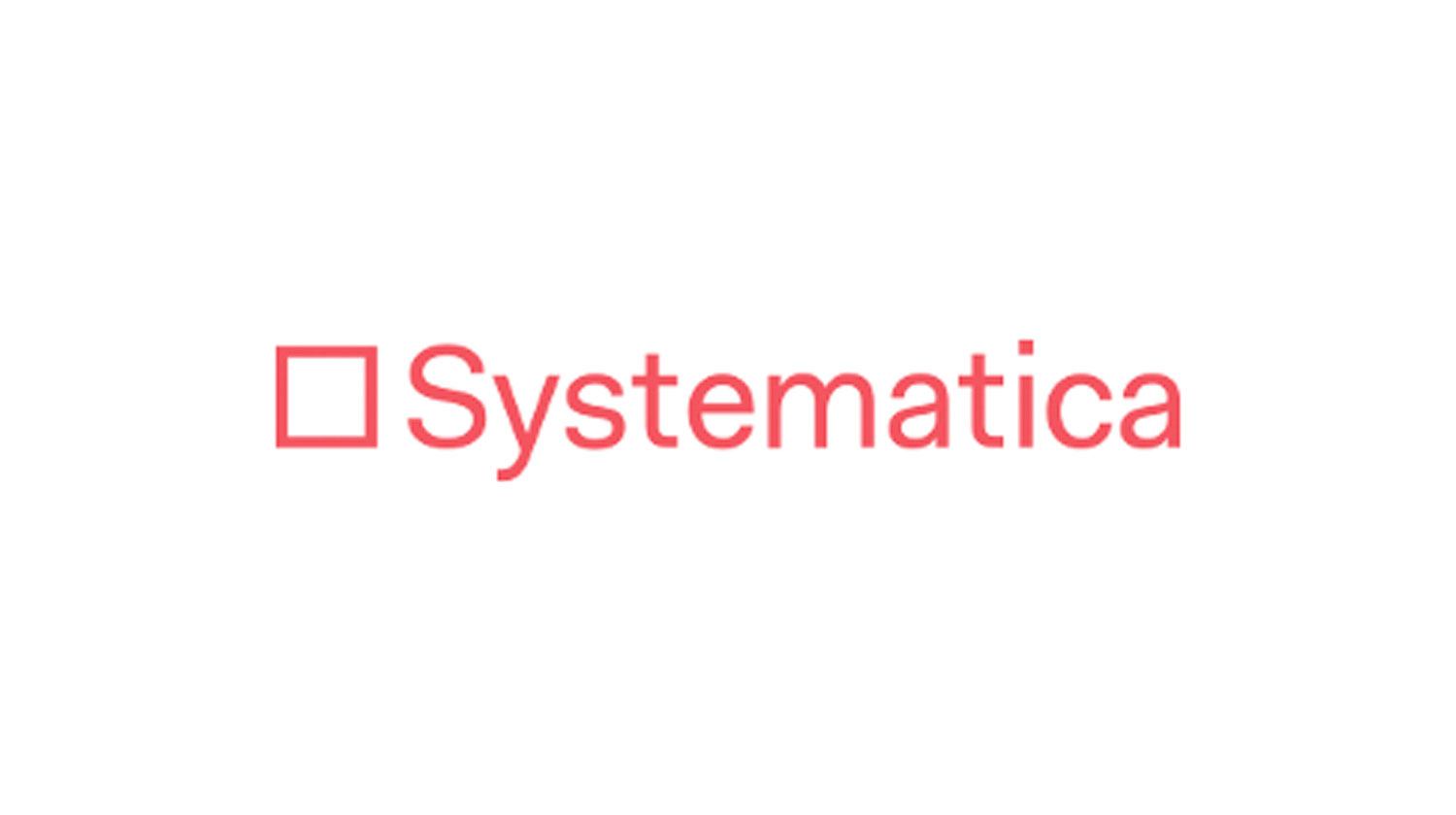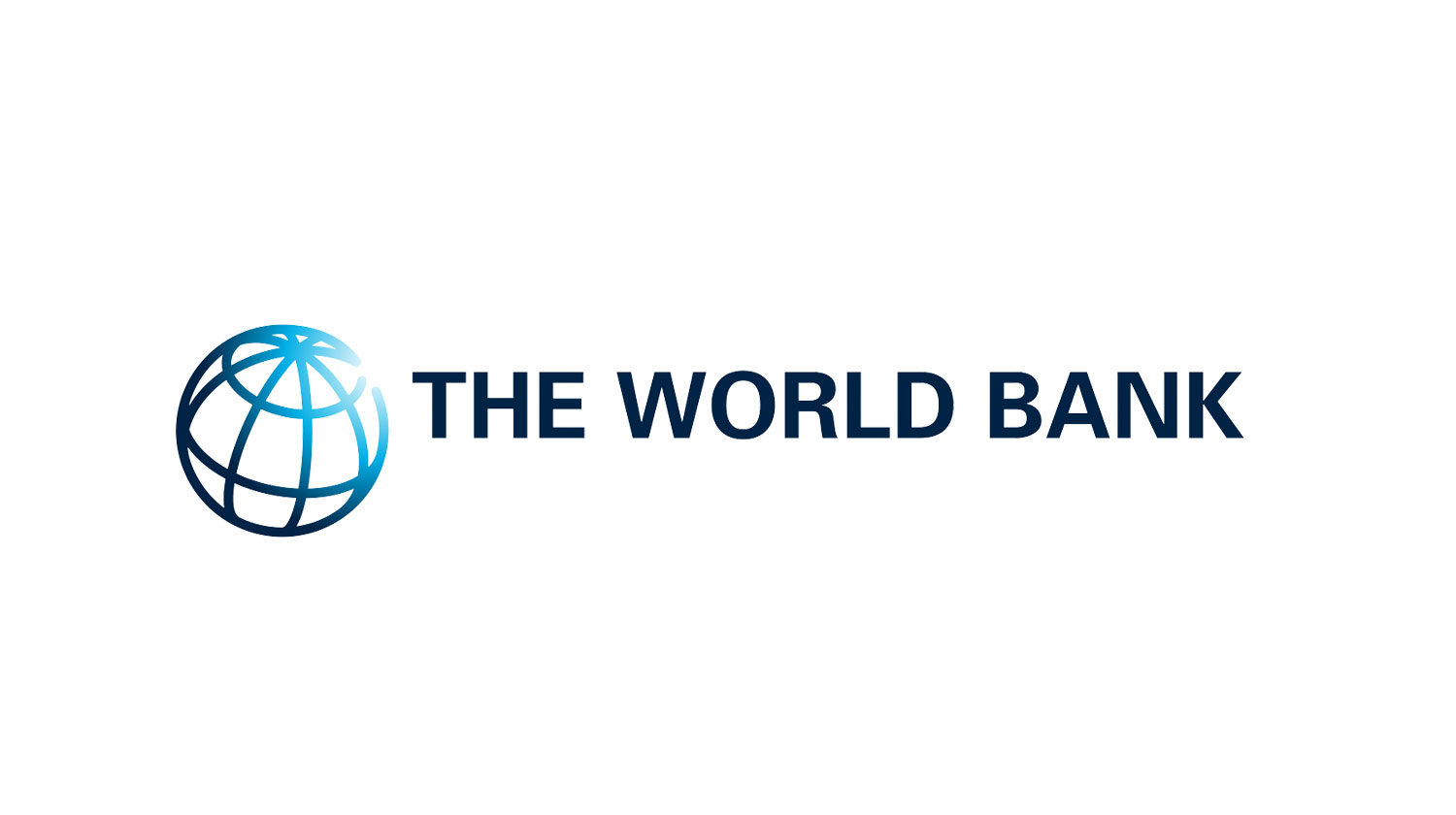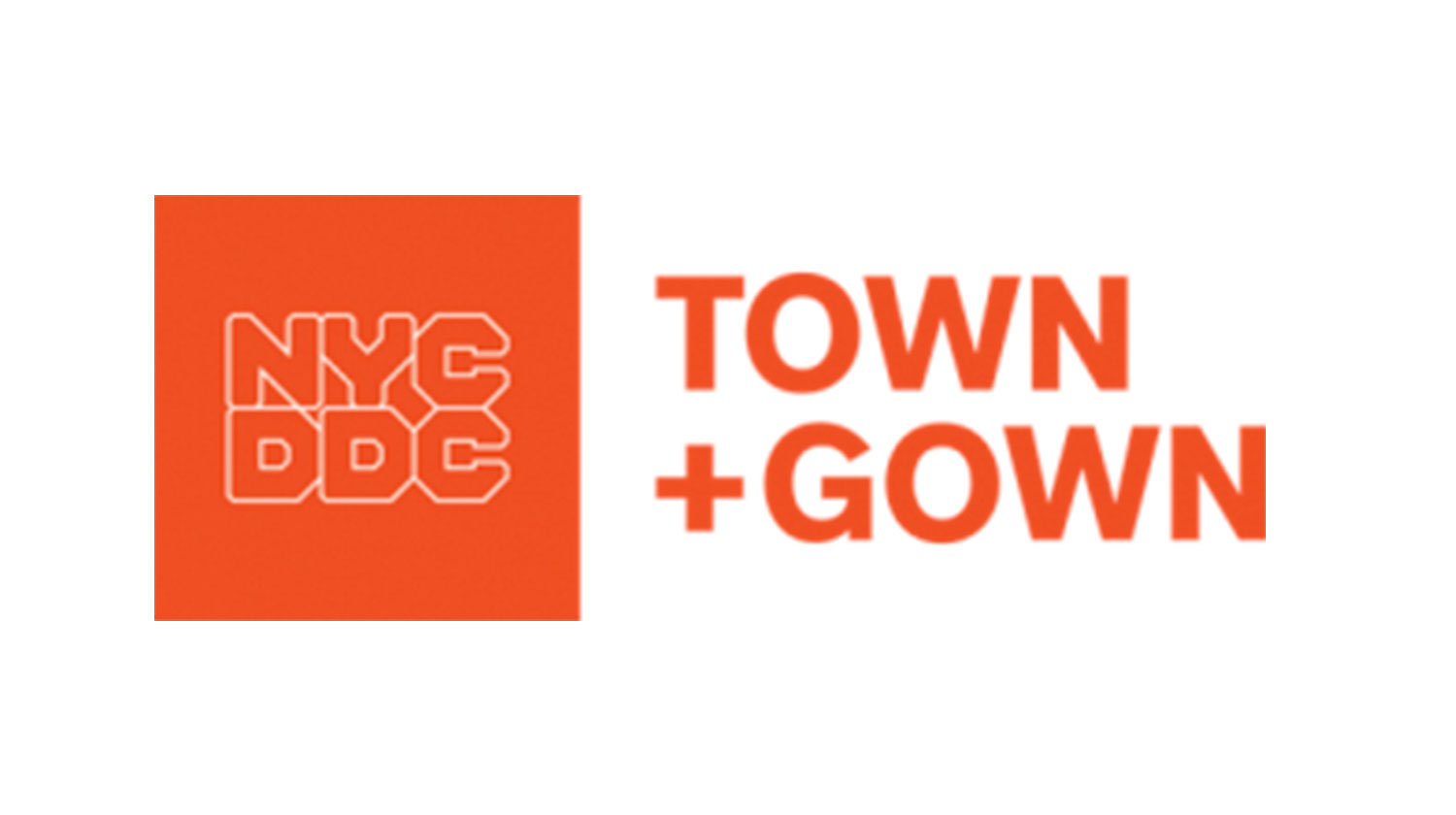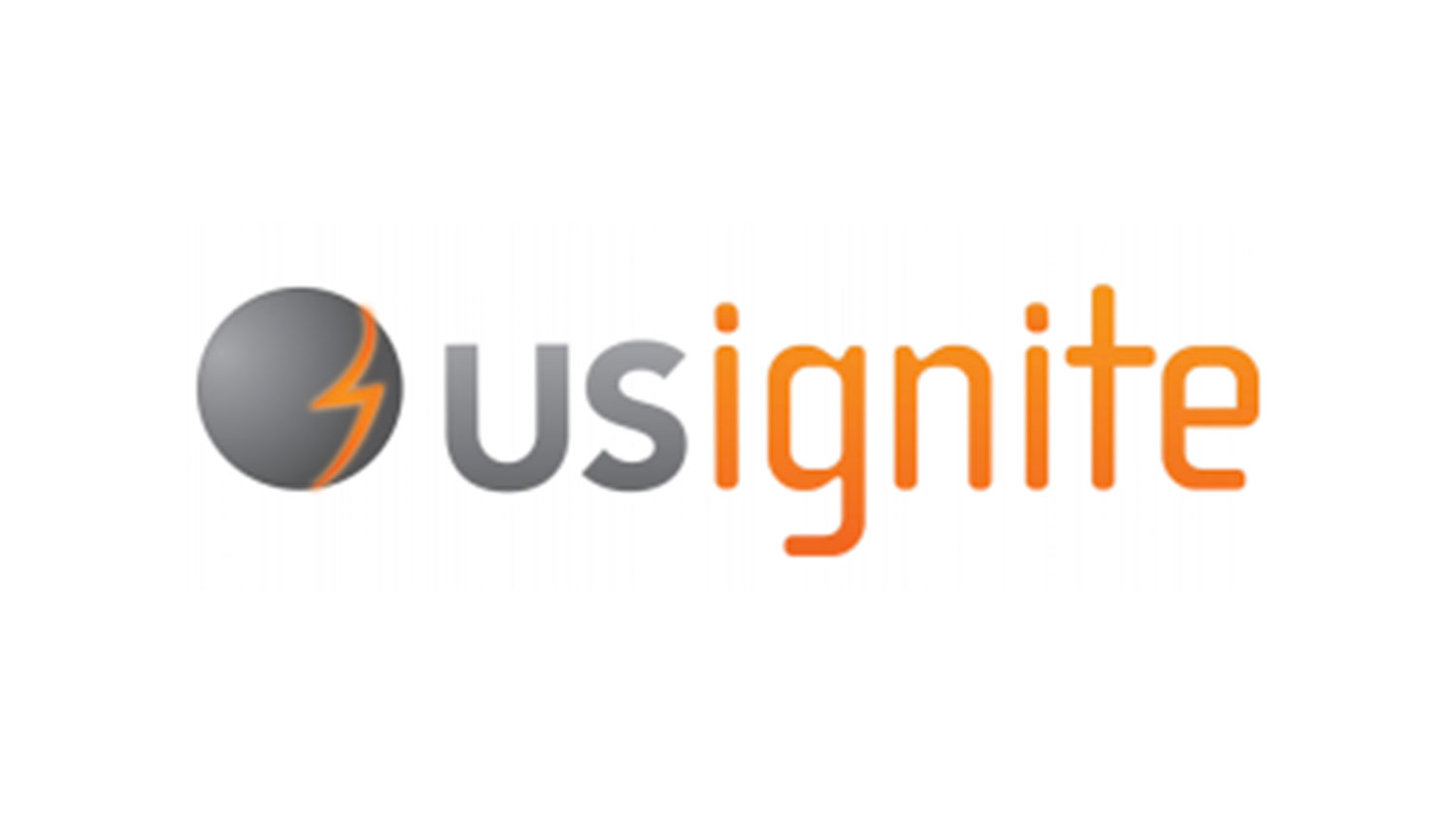Capstone Projects at CUSP
Impact the cities of today and tomorrow
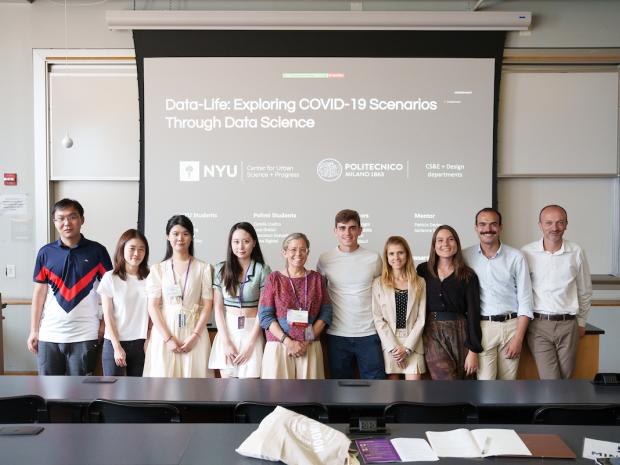
NYU Tandon’s Center for Urban Science + Progress (CUSP) is proud to host its annual Capstone Program to serve its mission of finding data-driven solutions to increasingly complex urban challenges.
Each year, graduate students in the MS in Applied Urban Science & Informatics degree partner with sponsors and CUSP faculty members to collaborate on a six-month project that seeks to address a critical urban issue or research problem. Project proposal applications are now closed.
How Does it Work?
It all starts with a question. Do you have a research problem or data-driven project that you’d like a little help with? Do you need access to both data science skills and deep policy knowledge to find a scalable solution? CUSP accepts project proposals from sponsors such as government agencies, private companies, academic institutions, think tanks, NYU faculty members–anyone who is also on a mission to make cities more equitable, efficient, livable, and technologically advanced. If accepted into the program, sponsors are paired with a team of three to five graduate students and a CUSP faculty advisor to embark on a six-month project spanning two semesters. Similar to CUSP's research activity, capstone projects must fit inside one of our main focus areas: urban health, urban environment, or urban infrastructure.
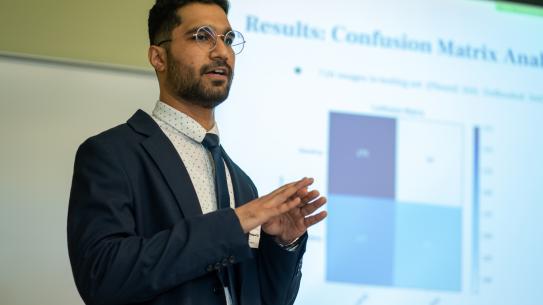
Project Details
Capstone projects approach real-world urban challenges through problem identification and scoping, data collection, and applying data analytics and visualization techniques. Typical deliverables include urban data analytic reports, data visualizations including interactive applications, research websites, research publications, and prescriptive policy solutions.
The capstone program is the pinnacle of CUSP graduate students’ hands-on experience and is tied to required Urban Science Intensive I & II courses. Therefore, it is important that any potential sponsor is prepared to meet with their student team on a recurring basis and to provide support as needed.
The best capstone projects are impact-driven and include a coherent, well-defined urban problem. An effective capstone project:
- Ties directly to the needs of the sponsor organization as well as CUSP’s mission;
- Identifies a discrete, tangible, and deliverable end product that can provide actionable insight;
- Is quantitative and can be approached using a range of data science and informatics methodologies (e.g. network analysis, predictive modeling, machine learning, spatial analytics, etc.);
- Requires data that is available and in-hand prior to the start of a project; and
- Includes a supportive sponsor that will engage with the students, ensure access to necessary information, and assist with connecting student teams to appropriate experts and stakeholders.
Faculty Mentors
Meet the faculty mentors who make our capstone projects possible.
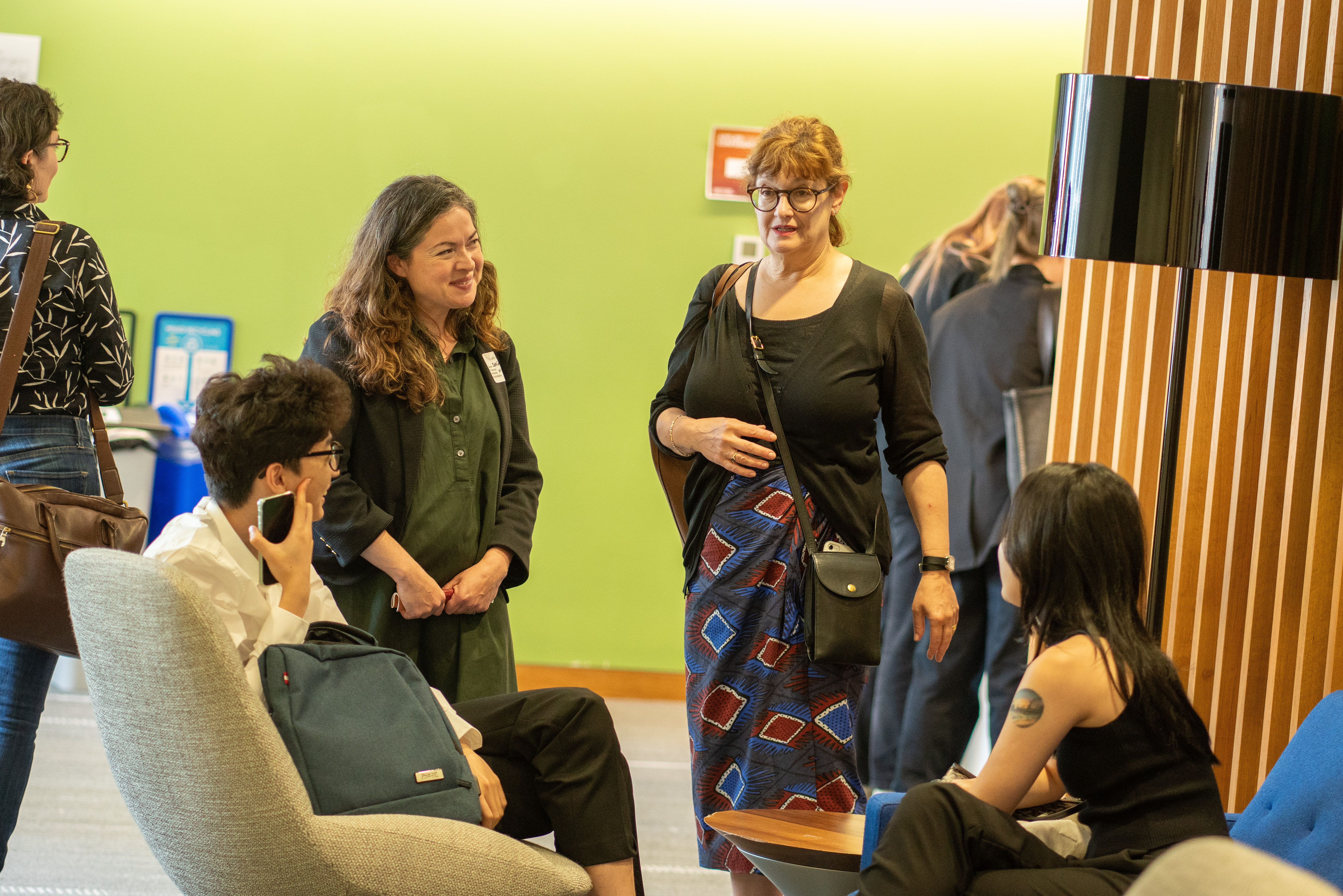
FAQ for CUSP Students
When do I enroll in Urban Science Intensives I & II?
Students in their second year will enroll in USI I for their fall semester, and USI II in the spring semester. Both are required courses and must be taken consecutively. Course registration dates are announced via email.
Can I select what project I'd like to work on?
Students are able to submit up to 5 preferred projects after viewing the Capstone catalog and attending the Meet & Greet, but selection is not guaranteed.
Can I select my teammates?
Students teams are carefully selected to ensure that a variety of skills and experience are included in the working group. Requests may be made, but are not guaranteed.
How often does this class meet?
Classes are scheduled for Thursdays 6pm-8:30pm, but at it’s the discretion of the instructors to set the meetings.
How much time is spent on projects outside of class?
Students can expect to spend at least 75 hours on their research project outside of regularly scheduled class each semester.
FAQ for Potential Sponsors
Who can sponsor a Capstone project?
We accept sponsor applications from all public, private sector, or academic organizations looking to address a critical urban issue or research problem. Our sponsors in the past have included city agencies across the US, international universities, and non-profits. Your organization does not need to be located in New York City or the United States, as long as you can provide regular communication with your capstone team.
New York University Community: Any NYU research center, faculty member, or researcher with a new or ongoing research project is welcome to apply!
Are any agreements needed for the Capstone Projects?
A Project Agreement will be developed and executed, which describes the project purpose, scope, and expected outputs. This document will also outline data sharing protocols and any restrictions on shared data.
What are the expectations of the project sponsors’ involvement?
We seek project sponsors that are engaged and enthusiastic about the use of data science in improving city operations and planning. We expect project sponsors to identify a primary Point of Contact for the project who will ensure data sharing agreements are executed; will provide regular feedback on the students’ work, through periodic meetings and review of progress reports and presentations; and will be able to attend the final project presentations. The specific expectations and time commitment will vary by the needs of the project, but project sponsors should be able to commit 1-2 hours every two weeks to the above activities. Our student teams are very capable, and this level of engagement will help to ensure the final deliverables and output provide value for, and are of use to, the project sponsor.
Please review the Capstone Sponsor Mutual Expectations.
How are city agency datasets secured and accessed for Capstone projects?
The CUSP Data Facility is a secure research data environment with datasets, tools, and expert staff to provide research support services to students, faculty, and city agency employees. The CUSP Data Facility (CDF) connects all of these users to relevant datasets for urban policy research. The CDF reduces the multiple technical, legal, bureaucratic, capacity, and cost barriers to data access, so that the full research, policy, and operational benefits of data products can be realized by academic researchers and students, City analysts and managers, and other key partners in urban science.
We recognize that much of the data we manage, from streaming sensor data to agency administrative data, is sensitive and we handle it accordingly. The CUSP Data Facility’s Safe Data Environment comprises a multi-faceted approach to maintain safe data, through safe people, projects, settings, and outputs. This approach combines technical protocols, user policies, and user-centered design in order to ensure adherence to data governance requirements.
- Safe people: regular trainings on responsible data use and privacy & confidentiality, combined with updated online resources on best practices in data management
- Safe projects: standards and protocols for managing access to datasets and databases at the project level
- Safe settings: a secure data environment with restricted data ingress and egress
- Safe outputs: a statistical disclosure limitation prior to any export of products derived from restricted data
The Data Facility and Student Capstone Projects – CUSP students and faculty and host agencies are encouraged to perform all Capstone research within the Data Facility. CUSP will process new project data and create project workspaces where designated team members can work with their project-specific datasets and collaborate on data analysis and visualization. Other data facility users will not have access to the project workspace.
Is there a fee associated with Capstone Projects?
There is no fee associated with the Capstone projects.
How does my organization submit a project proposal?
We are not accepting proposals at this time. When the application opens, we will make the form available on this page.
How are students assigned to Capstone projects?
Capstone project group selection methods will be based on several criteria including students’ ranked preferences. Based on student interest, it is possible that an approved project may not be utilized. Demographics and competencies will also be considered in order to ensure group heterogeneity. Any potential conflicts of interest must be disclosed by project sponsors in advance.
Project sponsors are able to provide input about what types of skills may be most useful to their project activities but will not be able to directly choose their student teams.
More questions?
Please email cusp.capstone@nyu.edu with any additional questions about the Capstone Program.


